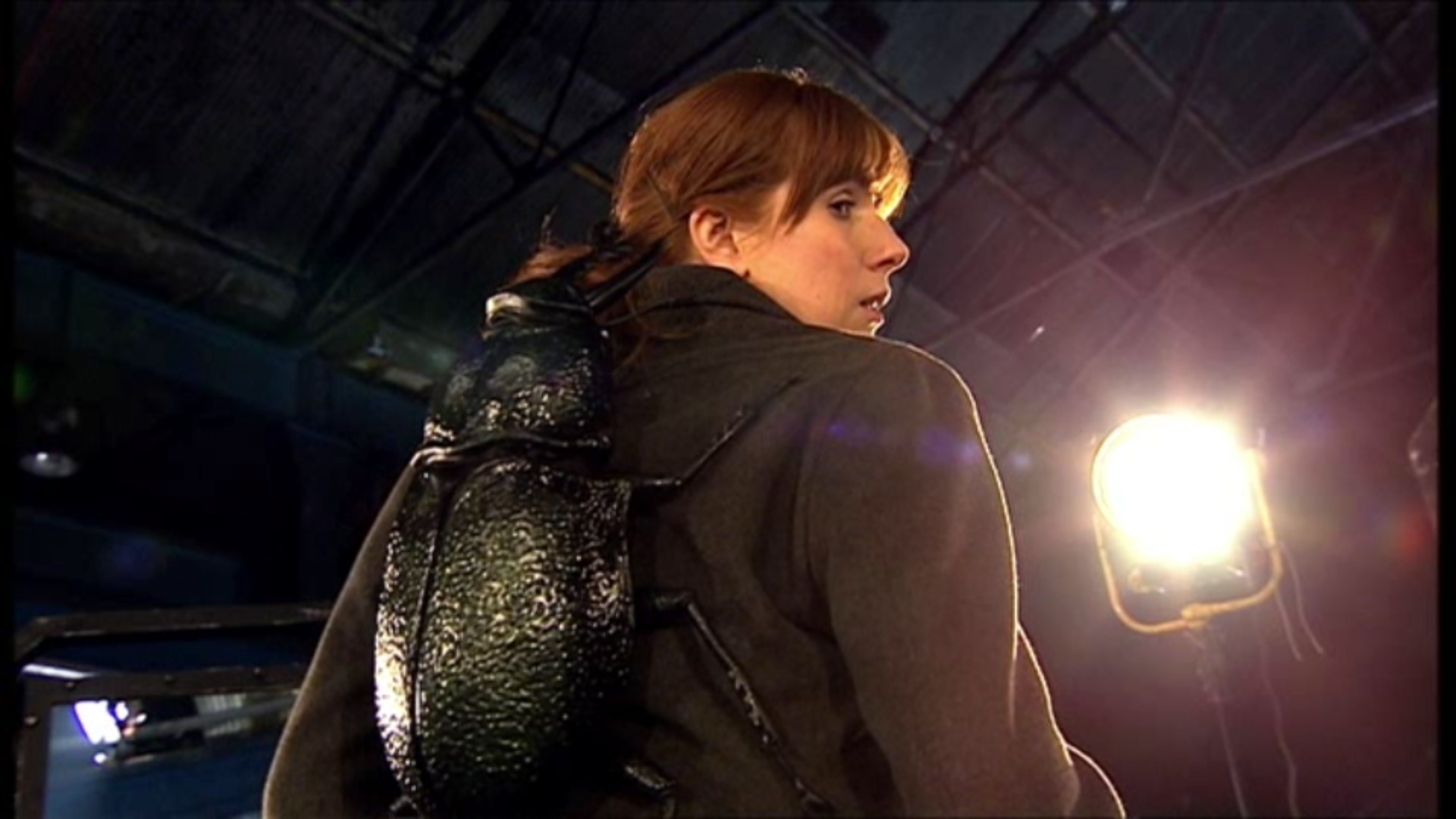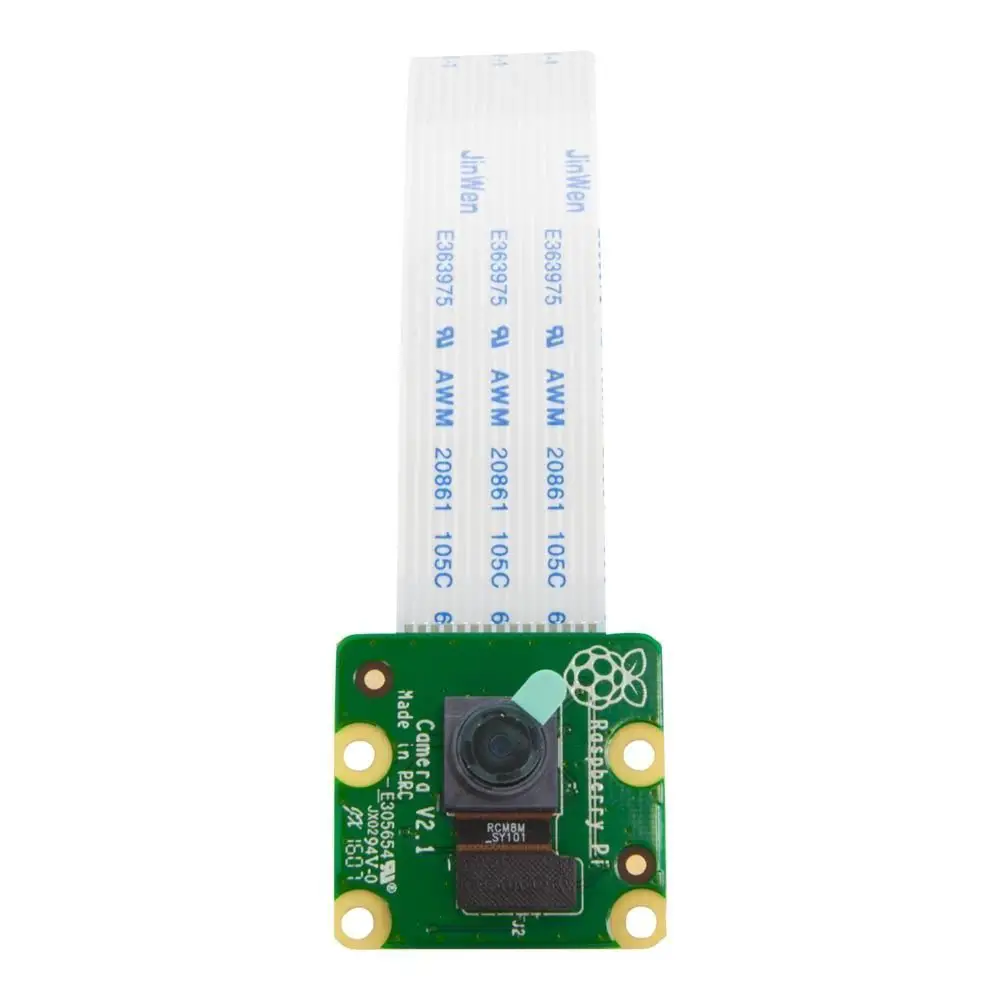; Date: Sun Jun 22 2008
Tags: Doctor Who »»»»
Another tour de force of time travel stories on Doctor Who. This episode asks the question -- How would your life be different if your decisions were different? Clearly where we end up in life is directly determined by the decisions we make along the way. It's also determined by what goes on around us, the decisions everybody else makes, and for that matter the context we all live in on this planet in this star system in this galaxy etc. But, really, what path would life take if there were a different set of decisions? In the episode they suggest that for most people it wouldn't make much difference. Choose one job versus another job, what difference does it make? But in the case of Donna Noble, the Doctors companion, that choice ends up being between accompanying the Doctor and not doing so. Then because the Doctor truly dies because Donna is not with him, without the presence of the Doctor the whole universe dies, step by step.

Okay, this is science fiction etc .. fantasy .. right? I wanted to dig beneath the surface a bit and found..
As a symbol, The Doctor represents the part of us that's focused on the higher good, that goes to any length, even to risk our own lives, so that all life everywhere is improved.
Normal life, Donna's other choice, represents what happens when we are at affect of the world around us.
Taking a stand, that is to be as the Doctor, means to choose accordingly with the direction which benefits all life everywhere, no matter the cost. The other route, the route chosen by 99.999% of the people around us, is to simply live the life that is here and choose based on other value systems. The value system of grab all you can for yourself may have temporary betterment for that one person but ultimately we all lose. In Donna's case she chose the "better" job but ended up losing it and everything.
The episode also draws together many elements from throughout the season, elements which I kinda missed along the way. These elements are brought out in the accompanying Confidential show.
One element so obvious that I managed to see it is the brief appearances of Rose Tyler which continued to pop up. Curious, that, obviously something was coming.
However it turns out that in several episodes of this season passing reference had been made to whole worlds which had disappeared. In the Adipose story, remember, their "breeding planet" was gone. Some other worlds also disappeared. And the bees, curious that. In this episode we learn there is a "darkness" spreading throughout all universes. Hmm...?
The darkness is still coming because the threat was not dealt with. What was resolved in this episode was to return the Doctor to life. Clearly the next two episodes will be dealing with this darkness, and to see the return of the Rose Tyler character.
Another occurrence in this episode is for someone to make the ultimate sacrifice in order to save the Doctor. This time it was the Donna Noble character choosing her death so that the Doctor could come back to life. Is this a foreshadowing of death for this character?
In the accompanying Confidential show they answered a question I'd barely asked myself one time. How was it that the Bad Wolf meme went everywhere so that Rose Tyler would recognize that she was Bad Wolf? Was Rose already this mega-magnificent creature who had taken on a limited human form so she could hide? Or, what?
What Russel Davies suggests is that during the time Rose merged with the Time Vortex, she arranged a timeline so that she would end up in this situation of merging with the Time Vortex. This infinite Rose arranged it all, so in a way this infinite Rose is a mega-magnificent part of who she is, and this part of her was exposed or brought into being through her contact with the Doctor.











